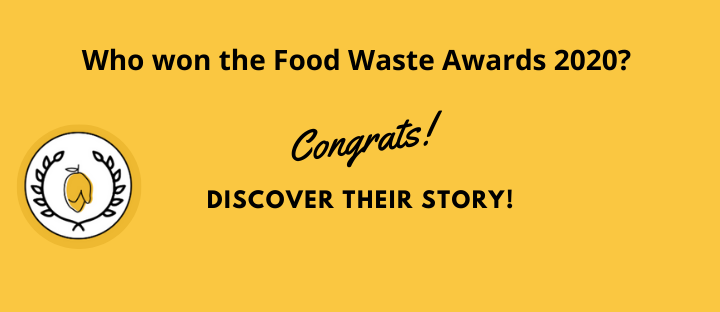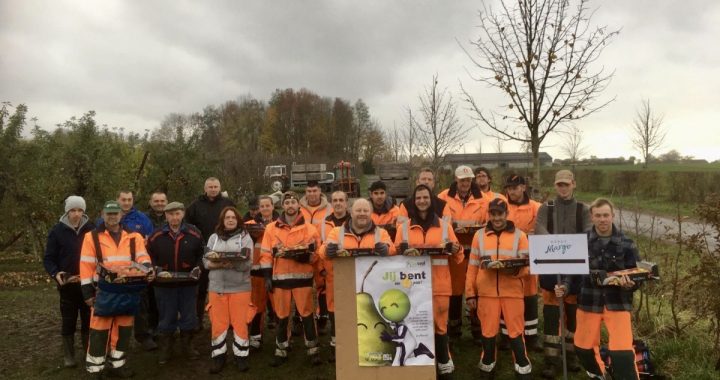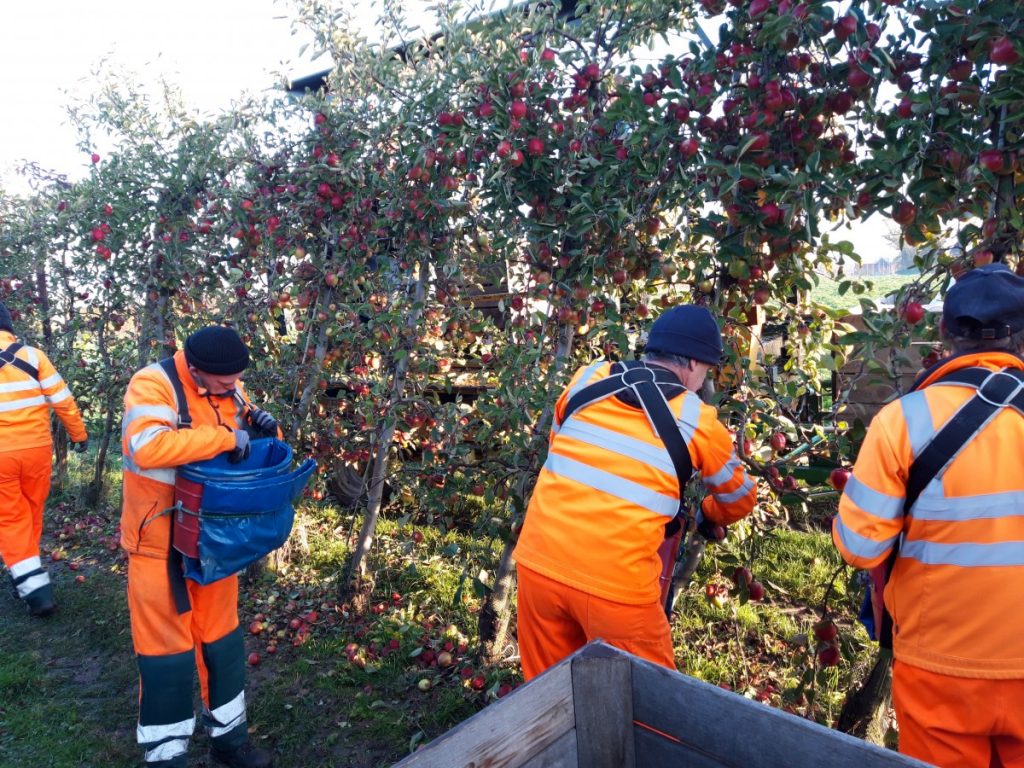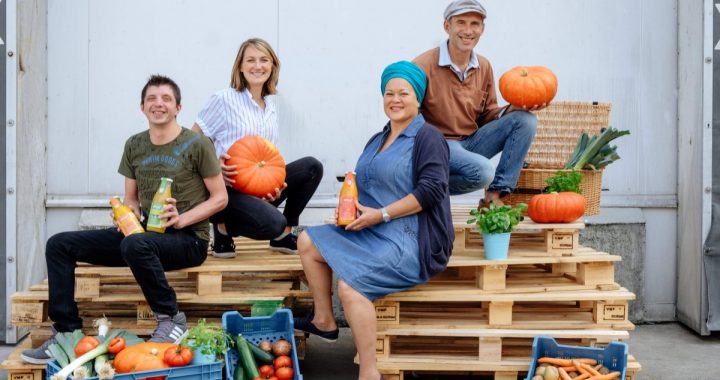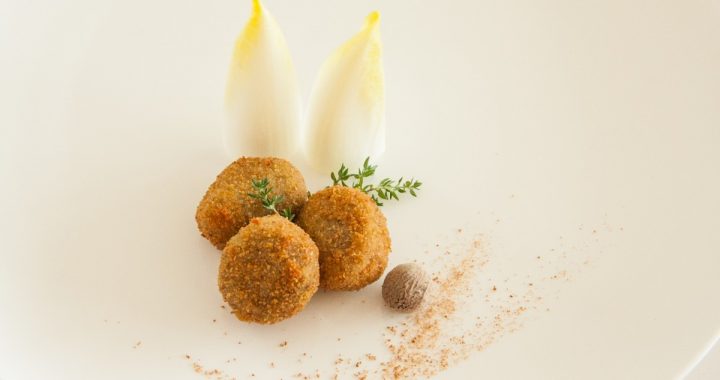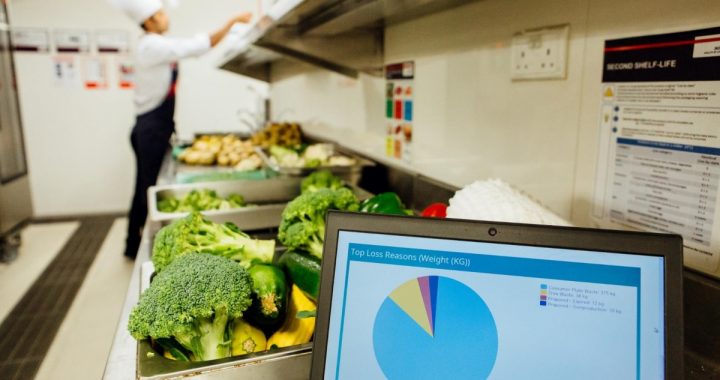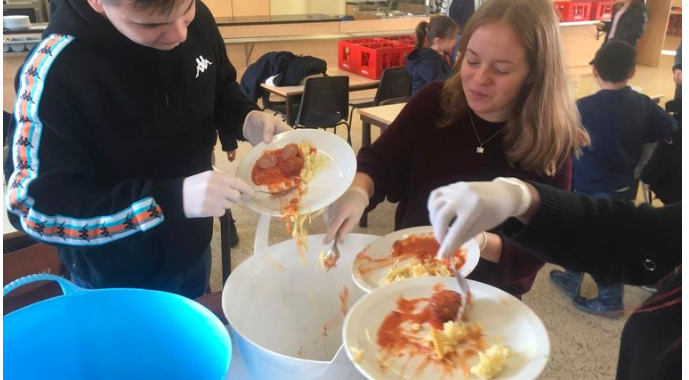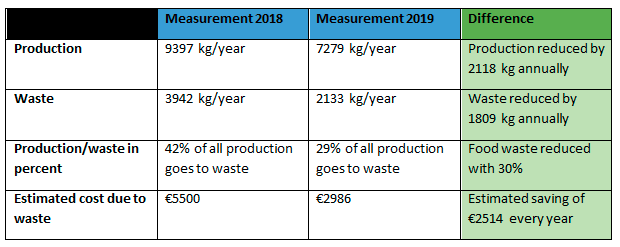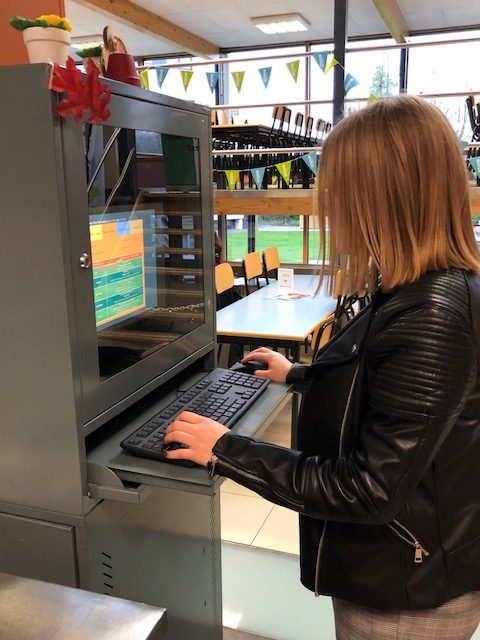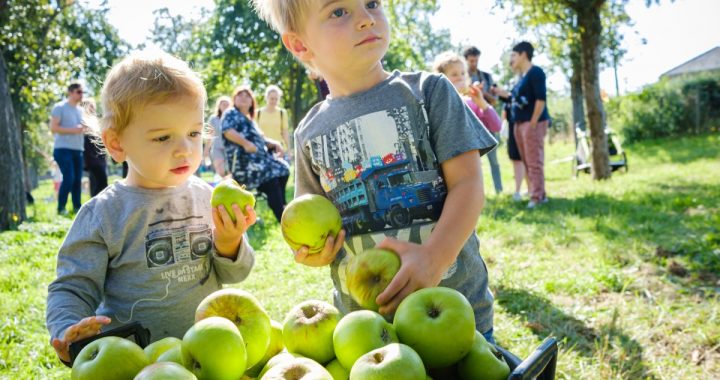Contact presse: Gil Op de Beeck, FoodWIN, 0478 22 53 03
Une cartographie des lieux d’autocueillette à Gand, des croquettes de chicon et des élèves qui réduisent leur gaspillage dans leur cantine : trois heureux gagnants des Food Waste Awards 2020 !
Maintenir l’équilibre entre l’offre et la demande des denrées alimentaires est un exercice difficile. Par exemple, très récemment, la pandémie de covid-19 a entraîné un important surplus de pommes de terre et d’asperges qui ne se retrouveront jamais pas dans nos assiettes.
En attendant, de nombreuses organisations belges travaillent dur pour transformer ces crises alimentaires en opportunités. C’est pourquoi l’asbl FoodWIN rend hommage chaque année aux héros qui s’efforcent à réduire le gaspillage alimentaire. L’édition 2020 des Food Waste Awards s’est déroulée à la maison à cause du confinement, mais les gagnants sont quand même récompensés.
Des fruits Gantois gratuits pour tout le quartier
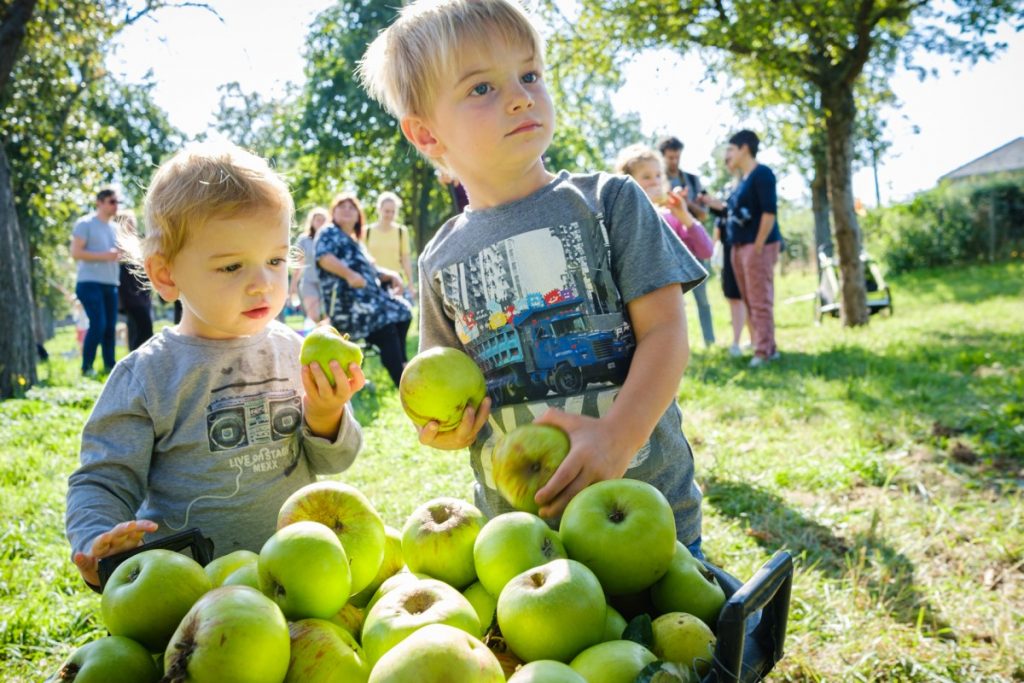
Velt, les volontaires de Pluk et la ville de Gand ont développé conjointement une carte numérique situant des lieux publics et semi-publics où les habitants peuvent cueillir des fruits gratuitement à Gand.
Carina Govaert de Velt nous explique “Les arbres fruitiers de la ville crée du lien et permet des rencontres. Surtout à cause de cette crise qui nous a cloisonné à la maison,, nous sommes encore plus conscients de son importance. L’objectif de la carte est de rendre les fruits locaux plus accessibles à tous les Gantois·es. Nous espérons ainsi éviter la perte de délicieux fruits et par exemple permettre aux habitant·e·s de la région de déguster des cerises juteuses. Elle ajoute : “Nous espérons que plus tard cet été, il sera à nouveau possible de réunir les voisins pour la cueillette. Être les gagnants des Food Waste Awards est pour nous comme une cerise sur le gâteau. Nous avons tou·te·s fait la danse de la joie dans notre jardin et nous espérons inspirer d’autres villes et villages”.
Des élèves du secondaire économisent 1800 kg de nourriture dans la cantine de leur école
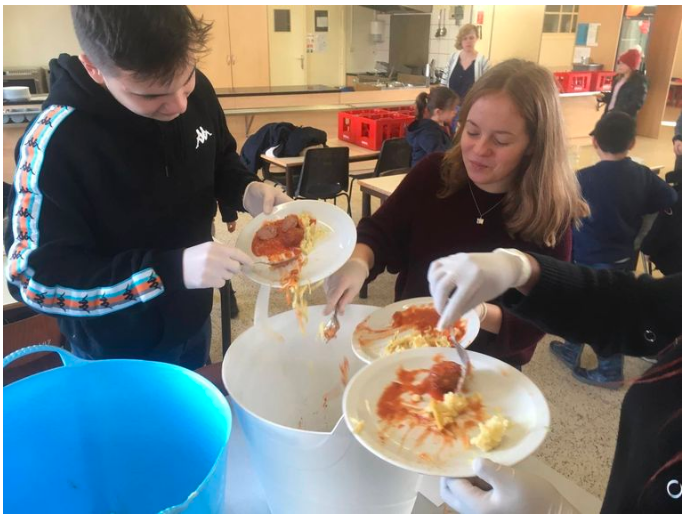
En collaboration avec FoodWIN et Goodplanet, Natuurpunt et ses partenaires Meetjesland ont soutenu plusieurs écoles secondaires du Meetjesland dans leur lutte contre le gaspillage alimentaire. Avec succès : “Go ! Atheneum De Tandem” à Eeklo a réussi à sauver 1800 kg de nourriture de la poubelle, et cela chaque année !
“En février, chaque après-midi de la semaine, les élèves divisaient les restes de nourriture et les aliments non utilisés et les pesaient séparément”, explique Frederik Lapeirre de Natuurpunt Meetjesland. “Sur base des résultats de cette mesure, l’école a décidé de changer de fournisseur. Afin de pouvoir évaluer l’impact de cette action, à la demande des élèves eux-mêmes, une nouvelle mesure de la perte de nourriture a été réalisée en novembre. La mesure de l’impact montre clairement que le gaspillage alimentaire est moins élevé qu’il ne l’était lors de la mesure de référence: moins de nourriture a été préparée et la perte est passée de 42% à 29%”.
Une feuille de chicorée pour la route.
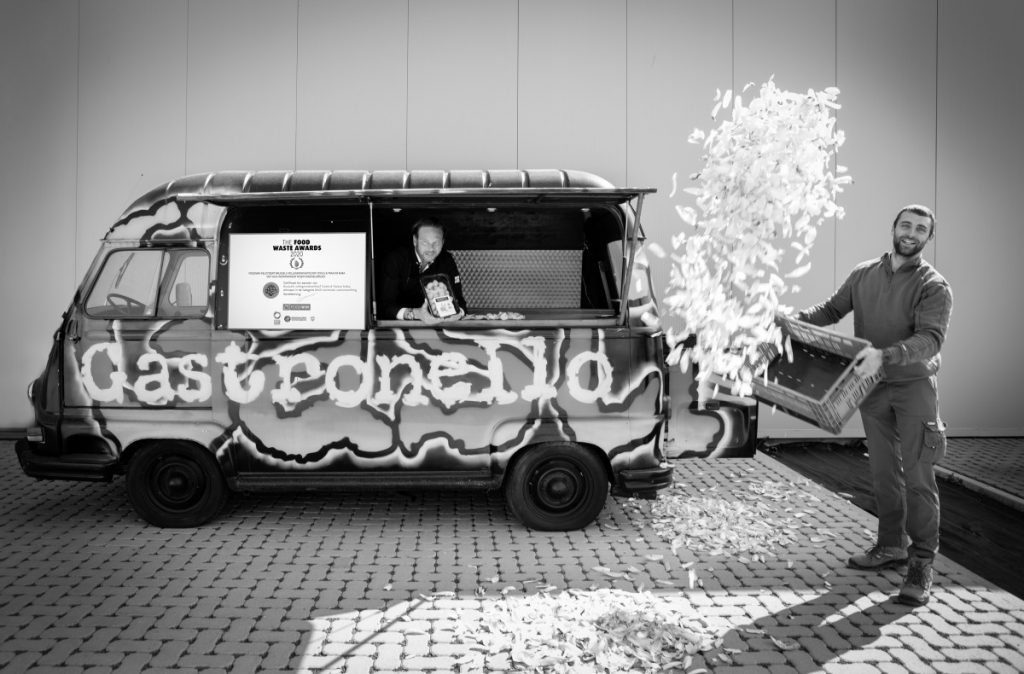
Gastronello, l’entreprise de transformation alimentaire et Cools, le producteur de chicon savent également comment agir. :
Selon Thomas Cools: “Environ 30% de la récolte de chicon est normalement perdu en raison d’une forme ou d’une taille anormale. En transformant la majeure partie de ce flux résiduel en croquettes de chicon, la perte est limitée à seulement 5%.”
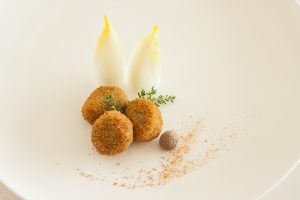
Ce sont des chiffres prometteurs, étant donné qu’environ 4000 tonnes de chicons sont produites chaque année dans les environs de Bruxelles.
Cette méthode de transformation offre également la possibilité de convertir d’autres flux résiduels de légumes en produits rentables. Sous la devise “Moins de déchets et plus de saveur”, cette collaboration innovante mérite à juste titre le prix de Food Waste Award pour les initiatives intersectorielles.
La recette du succès
Gil Op de Beeck de l’asbl FoodWIN est très satisfait des résultats : “Nous remarquons que les collaborations entre les différents secteurs de la chaîne alimentaire sont particulièrement efficaces. Dans cette optique, nous organisons le Food Waste Fest 2020 en décembre avec Interreg NWE Food Heroes et ‘Ketenplatform’ (la plateforme des pertes alimentaires, une initiative du gouvernement flamand). En tant qu’acteur de la chaîne alimentaire, c’est l’occasion idéale d’en savoir plus et de montrer des valeurs ajoutées dans la lutte contre le gaspillage alimentaire”. Pour plus d’informations, veuillez consulter le site www.foodwastefest.com
